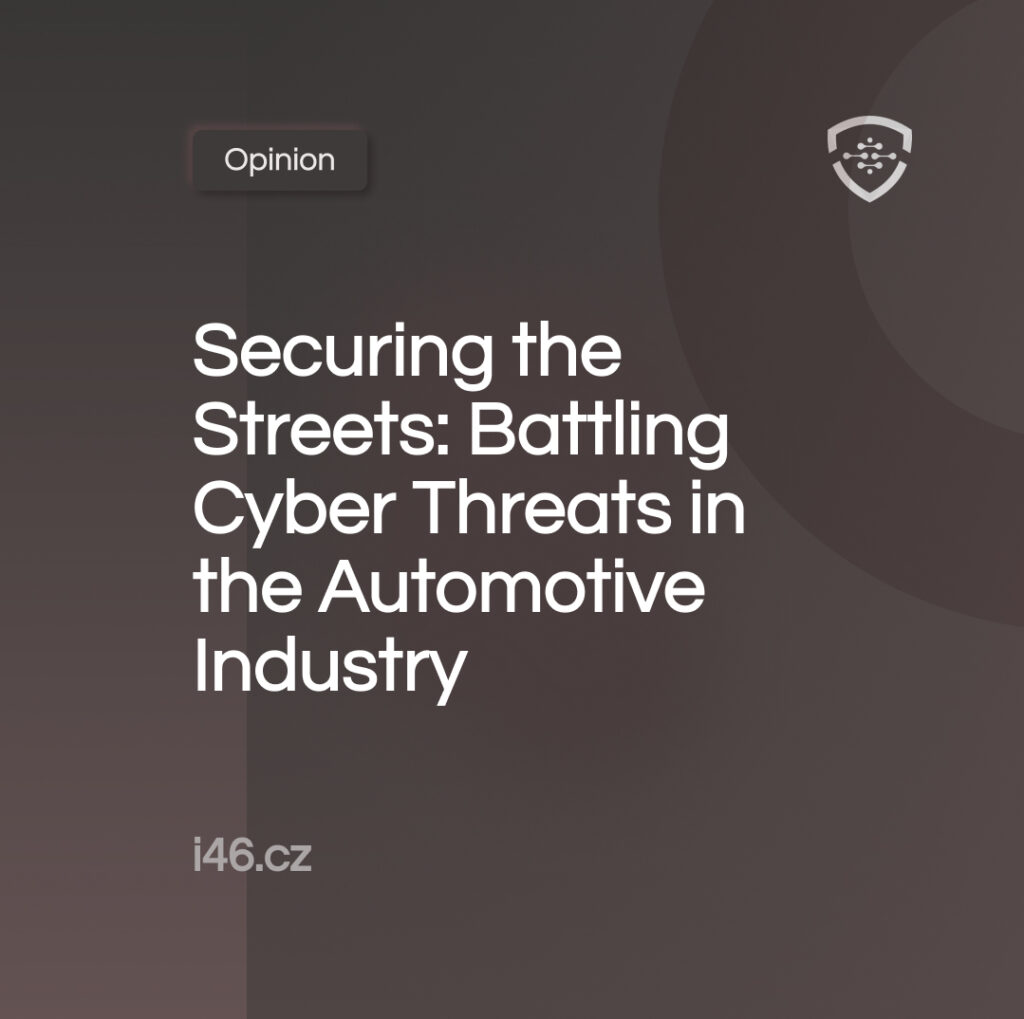Securing the Streets: Battling Cyber Threats in the Automotive Industry

Recognizing the escalating security risks posed by modern automotive technology, particularly in electric vehicles (EVs), the European Union is taking decisive action. The intricate electronics within cars not only enhance user experience and road safety but also facilitate heightened surveillance capabilities.
Responding to this pressing concern, the United Nations and the European Union have enacted stringent regulations, namely UN regulations R155 and R156, targeting cybersecurity vulnerabilities stemming from software updates in vehicles. These regulations, slated for enforcement in the EU from July 7 onwards, impose elevated standards on automotive manufacturers and their suppliers.
Renowned German economist Moritz Schularick underscores the gravity of cybersecurity within the automotive sector as a matter of national security. He paints a vivid picture of electric vehicles as potential “spying machines on four wheels,” laden with sensors and cameras that could be exploited for covert surveillance.
Highlighting the imminent threats, a March 2024 study titled “Automotive Cyber Security” underscores the industry’s susceptibility to cyberattacks. With the proliferation of software-driven vehicles, electromobility, and interconnected supply chains, the risk landscape has intensified.
Recent incidents, such as Toyota’s production halt due to suspected cyberattacks and Tesla’s infiltration by hackers gaining control over vehicle functions, underscore the urgency of fortifying cybersecurity measures.
In response to the regulatory landscape, several manufacturers are discontinuing models that fail to meet the stringent cybersecurity standards. Volkswagen, Porsche, Audi, Renault, and Smart are among those adjusting their portfolios to comply with the new regulations.
Acknowledging the necessity of adapting to the evolving cybersecurity landscape, industry leaders emphasize the importance of implementing robust cybersecurity strategies. Mercedes-Benz and Volkswagen affirm their readiness to transition to safer electronic architectures, aligning with UN regulations.
As the automotive industry navigates this paradigm shift, stakeholders emphasize the imperative of ensuring trust and confidence among consumers by delivering secure vehicles and services at every level.



